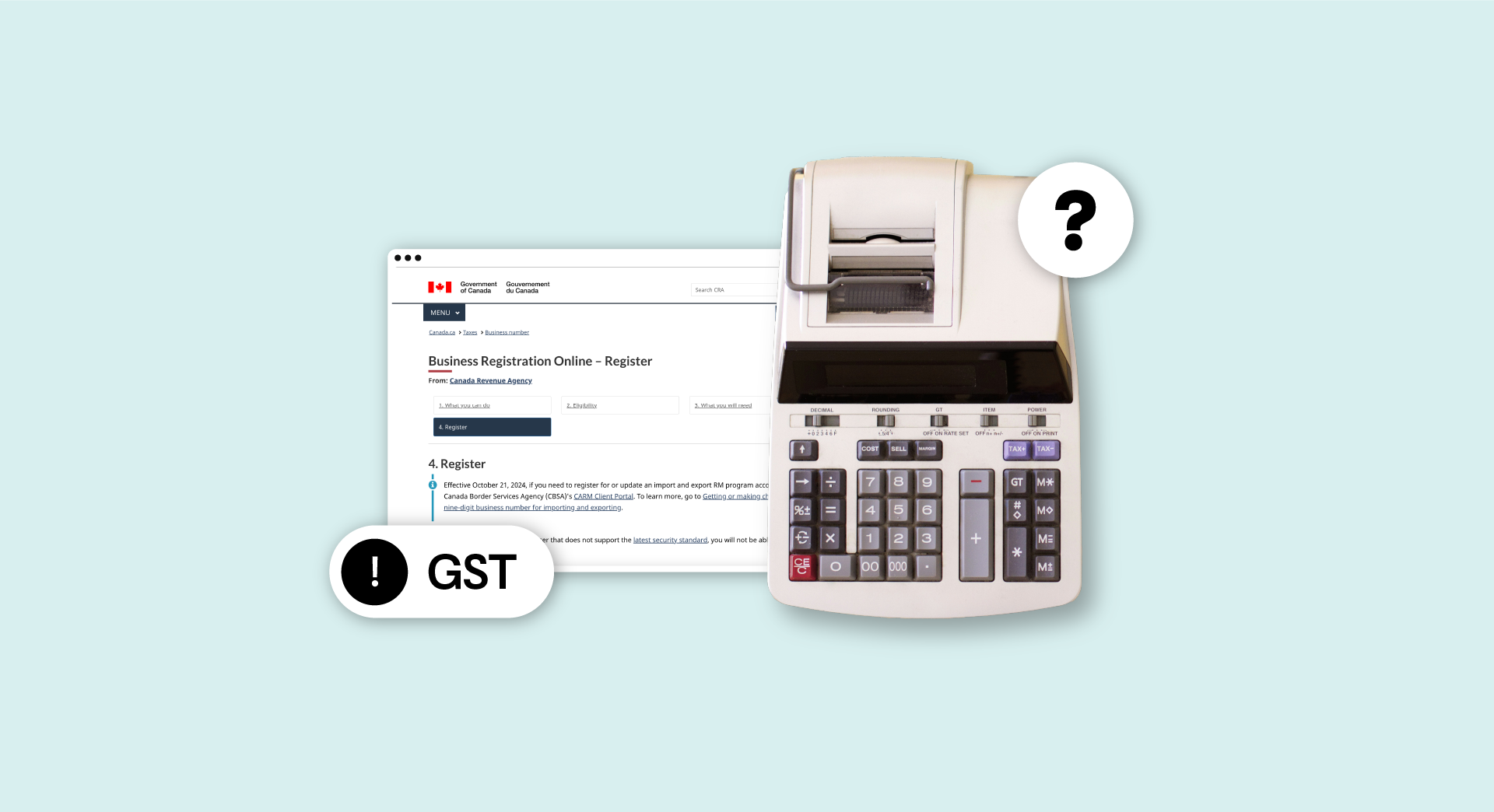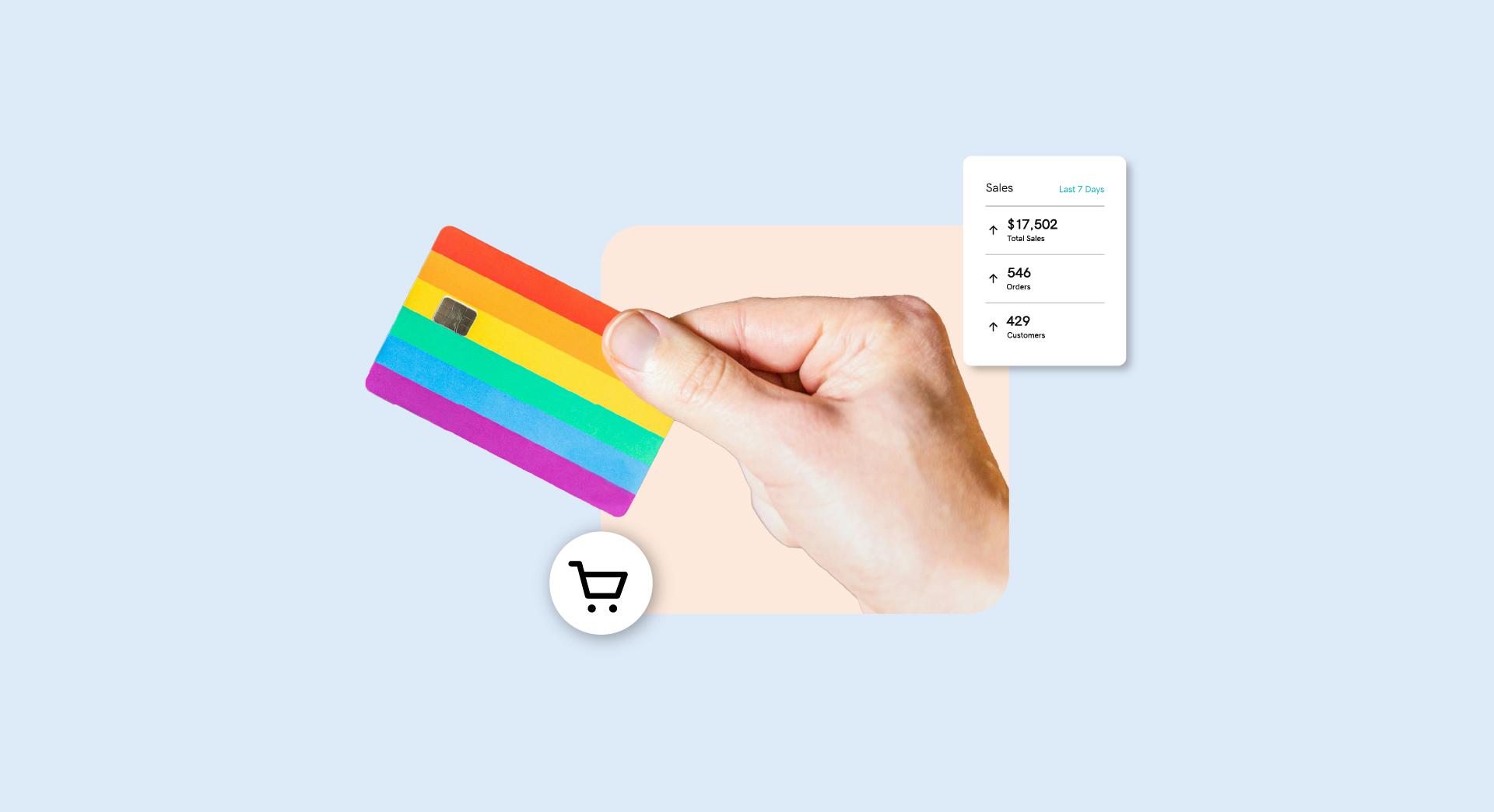If someone told me that in the year 2020 we would be closing our businesses, homeschooling our children and wearing gloves to the grocery store, all due to a virus, I would have told them that they were crazy. But here we are. If you are an entrepreneur or small business owner, you are probably trying to figure out how to keep your business afloat. This post will explain where to look for small business help in Canada.
What financial options are available to make sure that our businesses survive this crisis?
I have been personally following, researching and writing about everything COVID-19 since March 4th 2020. I have put my daily business duties on hold so that I could support our clients, in the hopes that they can come out of this pandemic ready to move forward and continue their business journeys.
I am hoping to do the same for you here, to help you make the best decisions for you and your business in this trying time.
I must start by saying that our Canadian government is adding, enhancing and changing the programs almost daily now. So please click on the links I have shared to make sure that you are receiving the most up-to-date information.
Related: Start Zoom video conferencing in 3 steps
5 types of government programs for Canadian ventures
Between the Canadian government and the provincial bodies, Canada has made a serious effort to help everyone survive the pandemic.
- Cash in hand within five to 10 days.
- Supporting employees with wage subsidies.
- Tax filing and deferrals.
- Relief for commercial renters.
- Help for the self-employed and individuals.
Prime Minister Trudeau and his team have been working around the clock, listening to small business owners and their needs during this time, and they are responding.
The Government has created Canada’s COVID-19 Economic Response Plan for business and individuals.

To make it easier for you to navigate, here are some of the most popular government programs that are currently available to small businesses and their owners.
1. Cash in hand within five to 10 days
The first place to look for small business help in Canada is the Canadian Emergency Business Account (CEBA), a $40,000 loan insured by the government. Once a business applies for the CEBA, funds are deposited directly into the business bank account within five to 10 days.
This loan is interest-free, with no payments needed, until December 31, 2022.
If paid in full by this date, up to $10,000 of the loan will be forgiven.
If the loan is not paid back by December 31, 2022 it becomes a term loan, with an interest rate of 5%.
To qualify for CEBA, a business must have:
- A payroll account with the CRA, ending in RP0001 (or 0002 etc.)
- Had a payroll of $20,000 to $1.5 Million in 2019
This amount must show in box 14 of the 2019 T4 Summary. Any business that qualifies should apply directly through their banking institute. (You will need your payroll account number (RP0001 or otherwise stated) and the amount in box 14 of the T4 summary.)
2. Supporting employees with wage subsidies
The Canada Emergency Wage Subsidy (CEWS) offers two levels of support.
Level one: for businesses hardest hit
The first part is the 75% wage subsidy is for those businesses that have been hit the hardest during the COVID-19 pandemic. This subsidy is to help protect jobs.

The Government will cover up to 75% of all wages, up to $847 a week, per employee.
To qualify, the business must show a 15% decrease in sales in March 2020 vs. March 2019 OR an average of January and February 2020 sales. Note: Once you choose the method of comparison, you must stay with this method for the remainder of the period of the CEWS.
In order to qualify for April, May and June support, the business must see a 30% decrease in sales over the same time period (April 2020 vs. April 2019 OR the average of January and February 2020, whichever you choose).
If a business is paying their employees while they are on leave from their jobs, the business can also claim a refund on the employer portion of:
- Employment Insurance
- Canada Pension Plan
- Quebec Pension Plan
- Quebec Parental Insurance Plan
This wage subsidy is retroactive to March 15, 2020 and there is no limit on the amount covered.
Level two: for everyone else
The 10% wage subsidy is for those businesses that do not qualify for the 75% wage subsidy, as their sales have not decreased by the 15% or 30%, as stated above.
The 10% subsidy is deducted from the income tax portion of the monthly PD7A (payroll remittance) that is normally submitted on the 15th of each month.
The limit is $1,375 per employee, up to a maximum of $25,000 per business. This is a manual calculation and needs to be manually deducted from the monthly remittance.
- If the deduction is more than the income tax of the remittance, you can deduct the remainder off the next remittance.
- If you do not deduct the 10% subsidy from any remittances, the government will pay you this amount at the end of the year or they will give it to you as a credit for 2021.
Please note that both options are deemed taxable income for the business.
Related: Workplace safety in the age of coronavirus
3. Tax filing and deferrals
Another type of small business help in Canada comes in the form of tax deferrals. GST/HST payments have been on deferral since mid-March 2020.
All GST/HST payments from March 27, 2020 to May 31, 2020 are deferred until June 30, 2020.
If you are a quarterly remitter and your return is due April 30, 2020, you now do not need to file or pay until June 30, 2020. Please keep in mind that you will need to pay the amount in full by this date or interest and penalties will be added.
Extended income tax filing dates

To help remove the pressure of filing tax returns, the government has extended many due dates.
The self-employed filing deadline of June 15, 2020 has not changed. However, the due date for payment is now September 1, 2020.
For corporations with filing due dates between March 18, 2020 and May 31, 2020, the filing deadline is now June 1, 2020 and payment due date is now September 1, 2020.
4. Relief for commercial renters
On Friday April 24th, Prime Minister Justin Trudeau announced agreements with all provinces and territories to lower April, May and June rent by 75% for small businesses impacted by the COVID-19 pandemic.
Canada Emergency Commercial Rent Assistance (CECRA) will be provided in partnership with the provinces and territories, which have jurisdiction over rents. The program provides forgivable loans to qualifying commercial property owners who lower or forgo the rent for the months of April, May and June to the small businesses that rent from them.
On top of all these options, the BDC and EDC are also offering loans up to $6.25 million. Please note that these loans have fees and interest attached to them.
5. Help for the self-employed and individuals
The Canada Emergency Relief Benefit (CERB) is for all individuals, including:
- Self-employed
- Contractors
- Musicians
- Seasonal workers who are making less than $1,000 a month
This benefit gives the applicant $2,000 a month for a maximum of four months.
To qualify, you must meet ONE of these criteria:
- Have stopped working because of reasons related to COVID-19
- Be eligible for Employment Insurance regular or sickness benefits
- Have exhausted your Employment Insurance regular benefits or Employment Insurance fishing benefits between December 29, 2019 and October 3, 2020
You also must have made $5,000 or more in 2019 or in the 12 consecutive months prior to COVID-19 (March 2019 to February 2020). And you must be at least 15 years of age and a resident of Canada.
Offers from the provincial governments
Provinces are also offering more help for small business owners and individuals. For example:
British Columbia

The BC provincial government is offering a one-time payment of $1,000 to people who can no longer work due to COVID-19.
They are also offering an additional one-time Climate Action Tax Credit on top of the regular credit to qualifying individuals and families. Residents of BC need to file their taxes in order to qualify.
The government has also deferred all filing and payment deadlines for Employer Health Tax and Sales Taxes. You can check the latest on these topics here.
Saskatchewan
The government of Saskatchewan has deferred the PST remittance.
If a business is unable to pay PST due to cashflow issues, they will not have to pay penalties or interest.
Also, all audits have been suspended so that owners can focus on keeping their businesses operating.
Manitoba
The Manitoba Protection Plan for Businesses extends the deadlines for payments of the Retail Sales Tax for April and May 2020, for those businesses that have monthly remittance of no more than $10,000. They will also not charge penalties or interest on utilities, workers compensation or Manitoba Public Insurance.
New Brunswick
New Bruswick has created an extensive program that will support businesses of all sizes.
To start, business owners can apply for loans through NB Small Business Emergency Working Capital Program. They are offering loans up to $100,000 for businesses that have one to 49 employees and sales less than $10 Million.There are opportunities for those businesses who have more employees and sales as well.
The provincial government is also deferring payments and interest on all provincial loans for six months. And while business property taxes are due May 31, 2020, the government will review, on a case-by-case basis, the late penalties for those who cannot pay on time.
Lastly, WorkSafeNB premiums are being deferred for March, April and May without penalties or interest.
Newfoundland and Labrador
The provincial government is offering a deferral of three months on ACOA loans. They are also deferring payments on business loans under the Innovation and Business Investment Corporation for three months as well. Workplace NL is also deferred until June 30, 2020.
Claim your small business help in Canada
As you can see there are many government programs for small businesses in Canada! The hardest part is knowing where you and your business fit.
I recommend reading through the links provided and seeking advice from your accountant, lawyer or bookkeeper if you have one. They all should be well-versed in the programs.
I personally want to wish you all the best health, safety and sanity during this difficult time. If we all work together to #flattenthecurve, we can all get back to what we love: serving our customers and clients.
This post should not be taken as financial advice. Always consult a financial professional before applying for funding of any kind.






